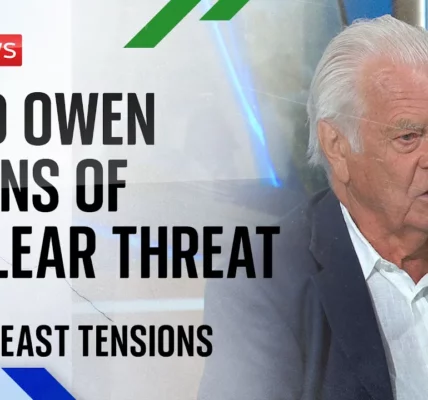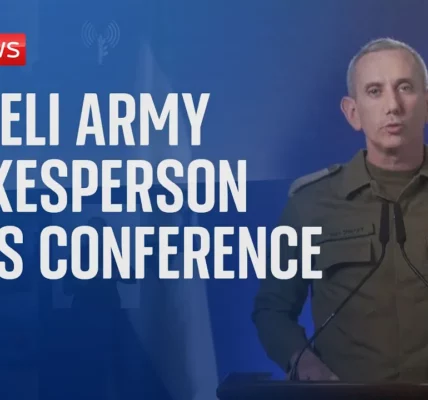James Cleverly Discusses the Controversial Rwanda Policy

This article delves into James Cleverly’s recent remarks regarding the Rwanda immigration policy, exploring the implications, interpretations, and the overall political landscape surrounding the issue.
Introduction
In a recent interview, James Cleverly, the UK Foreign Secretary, made headlines with his controversial remarks on the government’s flagship Rwanda immigration policy. His statement, initially perceived as critical, sparked a wave of discussions regarding the effectiveness and public perception of this policy. This article aims to unpack the various dimensions of Cleverly’s comments, the political context in which they were made, and the broader implications for UK immigration policy.
Understanding the Rwanda Policy
The Rwanda immigration policy has been a contentious topic in UK politics since its inception. It involves sending asylum seekers to Rwanda for processing, a move designed to deter illegal crossings and manage immigration effectively. Here we break down the major aspects of this policy:
1. Objectives of the Policy
- To deter illegal immigration by sending a clear message to potential smugglers.
- To streamline the processing of asylum claims in a third country.
- To alleviate pressure on the UK immigration system.
2. Criticisms and Concerns
The policy has faced significant backlash from various quarters, including human rights organizations and opposition parties. Key criticisms include:
- Concerns over human rights violations in Rwanda.
- The ethical implications of outsourcing asylum processing.
- Questions about the effectiveness in reducing illegal crossings.
James Cleverly’s Remarks
During the interview, Cleverly’s choice of words raised eyebrows, particularly his initial characterization of the Rwanda plan as “crap.” However, a deeper analysis reveals a more nuanced position. Here are some key points from his remarks:
1. The Dramatic Statement
Cleverly’s statement was clearly designed to capture attention, a tactic often employed in politics to provoke discussion. He later clarified that his focus was on the outcomes of the policy rather than the policy itself.
2. Support for Deterrent Effect
Despite the initial shock of his comments, Cleverly emphasized the importance of the policy’s deterrent effect, drawing parallels with Australia’s immigration strategies. His emphasis on the ‘shock wave’ that the first flights would create aimed to underline the seriousness of the government’s stance on illegal immigration.
Political Implications
Cleverly’s statements and the overall discourse surrounding the Rwanda policy have significant political ramifications. Here’s a closer look:
1. Impact on Public Perception
Public opinion plays a critical role in shaping government policy. Cleverly’s remarks could either galvanize support for the plan or exacerbate existing fears among the electorate regarding government integrity and effectiveness.
2. Responses from Political Opponents
Opposition leaders have seized upon Cleverly’s comments to question the government’s commitment to its policies. Notably, Yvette Cooper has been vocal about her concerns, stating that such statements reflect a lack of confidence in the government’s approach to immigration.
Conclusion
James Cleverly’s controversial remarks on the Rwanda policy highlight the complexities and challenges of UK immigration policy. While his initial statement may have been intended to create a stir, the underlying support for the policy’s deterrent effect remains a focal point of government strategy. As the political landscape evolves, it is crucial for voters to remain informed about these discussions and their implications on future policies. For a deeper understanding of UK immigration and government strategies, consider exploring our related articles on immigration reform and political accountability.
“`




